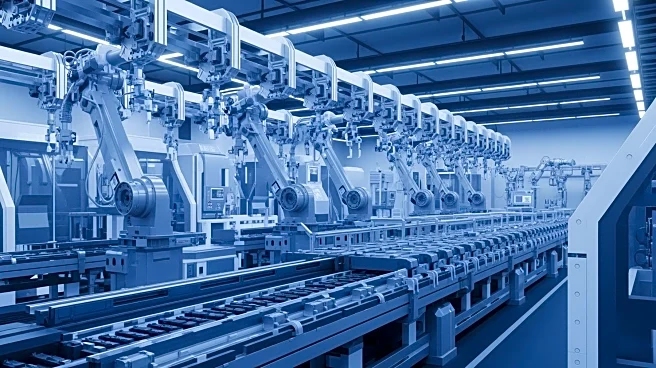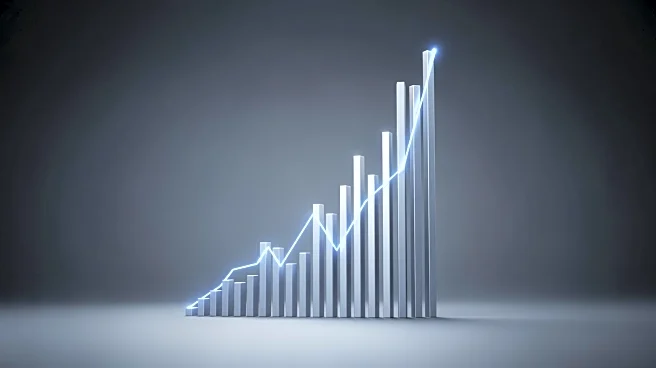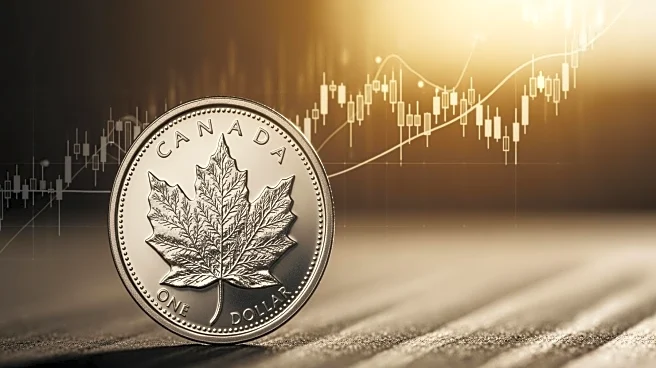What's Happening?
BloombergNEF's report highlights the challenges faced by developed and emerging economies in expanding clean energy deployment and enhancing domestic manufacturing of key technologies. Trade barriers are increasing, with countries imposing higher import
duties on cleantech products to foster local value creation and attract foreign investment. China dominates the manufacturing capacity across major solar and battery supply chains, while G20 countries have allocated $250 billion in subsidies for clean technology manufacturing. Despite these efforts, setting up battery factories remains costly, and low local demand poses growth challenges.
Why It's Important?
The global push for cleantech manufacturing is crucial for achieving energy security and reducing carbon emissions. However, the rising costs and trade barriers could hinder progress, affecting the ability of countries to meet their clean energy targets. China's dominance in the sector highlights the need for diversification and the development of local supply chains. The substantial subsidies from G20 countries indicate a commitment to supporting cleantech industries, but the effectiveness of these measures depends on overcoming market challenges and fostering innovation.
What's Next?
Countries may need to reassess their strategies to enhance domestic cleantech manufacturing, focusing on reducing costs and increasing local demand. The U.S. and EU are likely to continue their efforts to support clean energy initiatives, but policy changes and uncertainty could impact project pipelines. Emerging markets may explore partnerships with established manufacturers to boost their capabilities. The global trade dynamics in cleantech products will continue to evolve, with potential shifts in manufacturing locations and supply chain strategies.
Beyond the Headlines
The cleantech manufacturing sector faces ethical and environmental considerations, such as the impact of production processes on local communities and ecosystems. The transition to clean energy requires balancing economic growth with sustainability, and countries must address these challenges to ensure long-term success. The role of innovation and technology in overcoming barriers and driving progress in cleantech manufacturing remains critical.
















